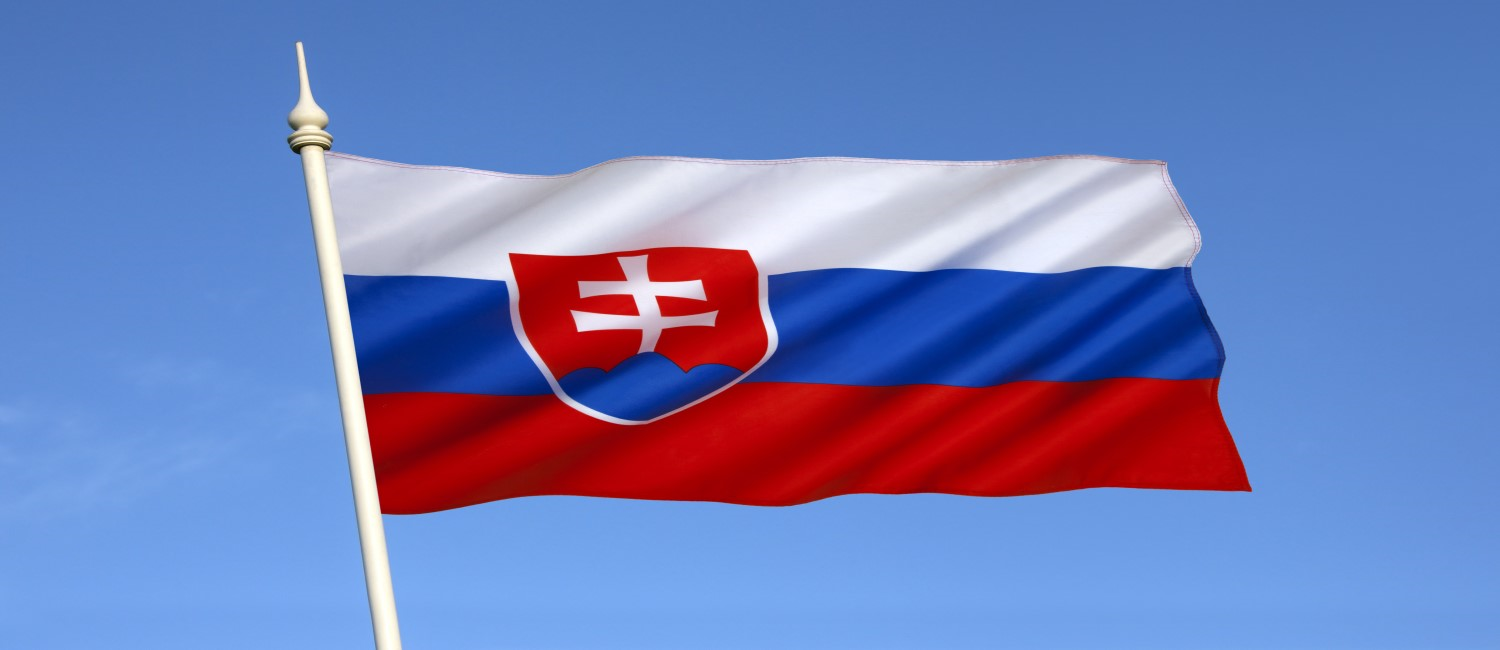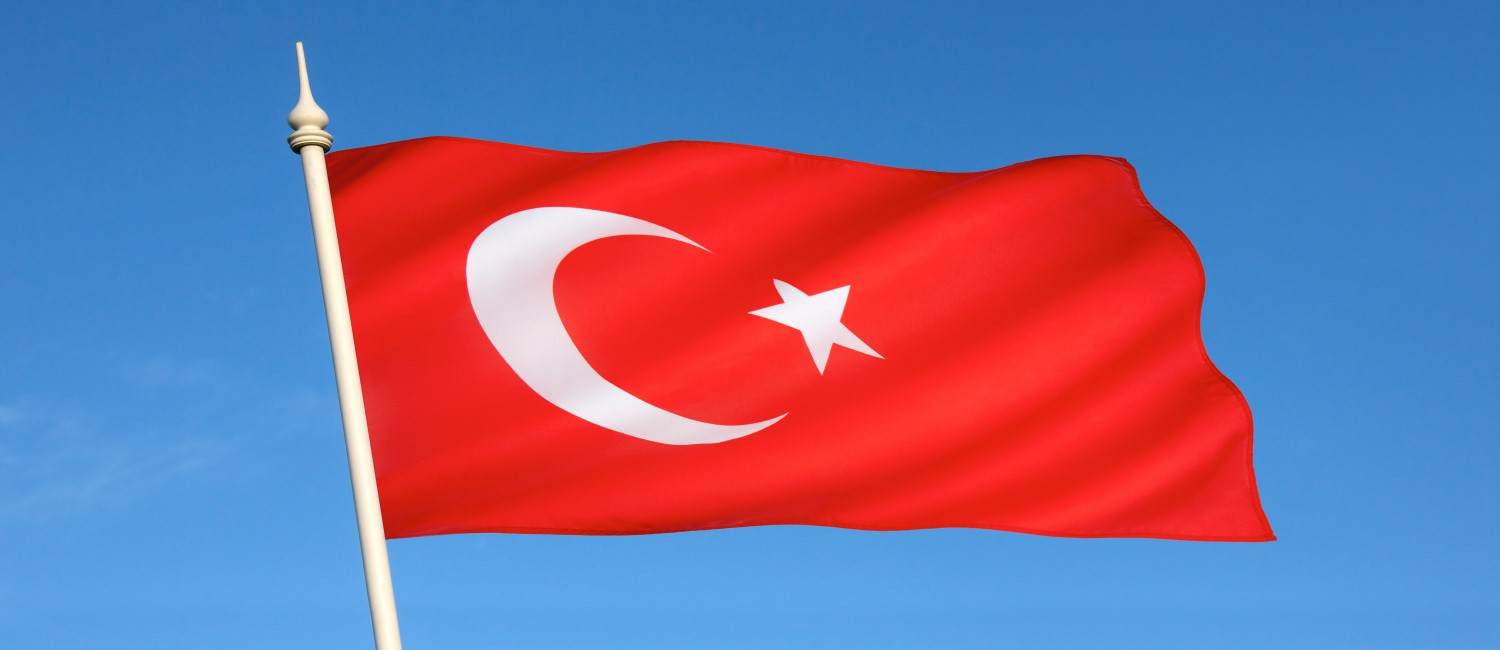The Philippines has strengthened its anti money laundering (AML) solutions since financial crime, terrorism financing, and corruption don’t seem to be ending anytime soon. Thanks to the supervision of the Anti-Money Laundering Council (AMLC), the country puts out regulations that require banks and other similar institutions to conduct customer due diligence (CDD), monitor suspicious transactions, report large cash movements accordingly, and much more. Compliance with both their own domestic laws and international ones like the Financial Action Task Force’s (FATF) is making sure that the Philippines is safe in terms of financial crime. In this blog post, we’ll be talking more about the anti-money laundering efforts in the Philippines, the importance of AML compliance, and obligations companies operating in the Philippines face.
The Significance of AML in the Philippines
The Philippines is a high risk region in terms of financial crime since it receives large volumes of remittances from other countries. Similarly the emergence of virtual asset service providers (VASPs) create an environment where money laundering and terrorism financing can thrive in. The Philippines has been grey-listed by the FATF since 2021 and just left recently in May, 2025. The grey-list affected the country’s operation abilities, and its reputation. Being grey-listed was a result of weak AML controls, and regulatory improvements were needed to get out of the list. Still, to better its regulations, the AMLC has been working with the Bangko Sentral ng Pilipinas (BSP) to implement stricter rules, and push for increased oversight for all related companies.
Legal Framework: AML Laws in the Philippines
The Philippines uses several laws to deal with financial crime. The first and most important one is the Republic Act 9160 or the Anti Money Laundering Act of 2001 (AMLA). This law is put in place to establish the basic AML obligations of the Philippines. The Republic Act 10168 also includes terrorist financing, while RA 11479 and RA 11521 strengthens the counter-terrorism efforts while also expanding the coverage of institutions. These laws require companies to implement CDD, file Suspicious Transaction Reports (STRs) and Cash Transaction Reports (CTRs), and use strong Know Your Customer (KYC) procedures.
Regulatory Bodies in Anti Money Laundering
There are multiple regulatory bodies in Philippines working towards a country with better AML compliance. The central authority of the country is the AMLC; it coordinates national AML efforts, enforcing penalties, and investigating any suspicious transaction that might occur within your company. The BSP is there to supervise banks, VASPs, and fintech companies; the regulatory body ensures that these companies are complying with AML and counter terrorism financing (CTF) requirements. The Securities and Exchange Commission (SEC) works with capital markets, including broker-dealers and investment firms, while the Insurance Commission (IC) oversees insurance companies and pre-need firms. These regulatory bodies come together to create a better Philippines for you and your company.
AML Obligations for Covered Company Types
It’s important to know what your obligations are when it comes to AML if you’re looking to operate in the Philippines. Banks, insurance companies, real estate firms, casinos, and other financial firms are the most important types when it comes to complying with AML obligations since they are at higher risk of being used for money laundering or terrorist financing. These companies should be conducting CDD to help verify the information customers provide, their background. Filing STRs and CTRs for transactions above the reporting thresholds or just suspicious in general is also essential, and maintaining records of transactions and customer information for a minimum of five years is needed.
Primary Compliance Requirements
Compliance requirements involve the main categories of CDD, transaction reporting, and record retention. In Philippines, companies should be verifying the identity of customers who are completing transactions of over PHP 100,000 (arorund $1,700). Ongoing monitoring is also needed. Using a risk based approach to receive updates according to your customers’ risk levels is another requirement. When it comes to reporting, your company should be filing STRs within five days of suspicious activity occurring. Moreover, CTRs are required for transactions of over PHP 500,000 (around $9,000). All STRs and CTRs are submitted through the AMLC reporting system digitally. All records like CDD documentation, transaction details, and other supporting documents should be kept by your company for at least five years to ensure compliance in case of regulatory reviews or investigations. Regulatory bodies prefer if you store these documents digitally to make it easier to access and harder to lose
Major Money Laundering Cases in the Philippines
Let’s talk more about the biggest money laundering scandals that occurred in the Philippines. The first case is the Bangladesh Bank Heist, and it happened in 2016. Hackers were involved in this case; they were using the weak points in Bangladesh Bank’s SWIFT network to make transfers from its Federal Reserve account. Overall, $81 million was transferred to Philippines using mostly four accounts at Rizal Commercial Banking Corporation (RCBC). The funds were funneled into casinos and later move to Hong Kong. The Philippines was almost blacklisted by the FATF because of the case. This scandal resulted in casinos being included under the Anti-Money Laundering Act and Swift creating the Swift customer security programme (CSP).
The second scandal we’ll talk about occurred in 2021, and it is the PhilHealth Fund Mismanagement case. The officials of the Philippine Health Insurance Corporation (PhilHealth) were faced with mismanagement and potential embezzlement of over ₱15 billion after their former anti-graft officer claimed that they stole the amount with “ghost claims”, overpriced IT projects, and misuse of the Interim Reimbursement Mechanism. PhilHealth denied the allegations, saying that up to 98 percent of those funds were later liquidated. The Office of the Ombudsman (OMB) did not convict anyone related to the case and the charges were dropped, even though the CEO Ricardo Morales resigned after the claims.
The next scandal we’ll cover is from 2022, and it involved the Philippine Offshore Gaming Operators (POGOs). The sector was accused of letting money laundering activities of over ₱1 billion through. The Bangko Sentral ng Pilipinas (BSP) froze accounts related to the crime, and as of June 2025, the POGOs are officially prohibited from operating in Philippines.
| Year | Case Name / Entity | Description | Amount Involved |
| 2016 | Bangladesh Bank Heist | $81M stolen from Bangladesh Bank’s account | $81 million |
| 2003 | Jose Pidal Scandal | Alleged money laundering and undeclared wealth by the pseudonym “Jose Pidal,” linked to politics. | ₱200M+ (est.) |
| 2020 | Rodrigo Aguinaldo Case | Former mayor found with suspicious funds | ₱100M+ (approx.) |
| 2021 | PhilHealth Fraud Scandal | Allegations of ghost claims | ₱15B+ (public funds) |
| 2022 | Online Casino Operators | Several POGOs investigated | ₱1B+ |
| 2024 | Smuggling and AML Links | Syndicates used shell companies | ₱500M+ |
Enhanced Due Diligence (EDD) for High-Risk Scenarios
EDD is applied for high-risk regions and customers, meaning that it is a crucial component in fighting anti-money laundering. The solution is used especially for politically exposed persons (PEPs), international transfers, and non-face-to-face onboarding. Since these scenarios create a riskier environment for money laundering and terrorist financing, EDD performing firms should be doing things like collecting additional documentation from high-risk customers, verifying the source of funds, and implementing strong ongoing monitoring specifically for them. If a customer or transaction is flagged as high-risk, EDD should be automatically triggered. The process ensures that suspicious transactions are looked into more and that regulation requirements are met.
FATF Grey List and Philippines’ Status (2025)
As we’ve mentioned before, the Philippines left the greylist created by the global regulatory body FATF in May of 2025. One of the main concerns that led to greylisting were the limited access to beneficial ownership (BO) data. The insufficient supervision of designated non-financial businesses and professions (DNFBPs) was another problem. The country needed to implement better regulations and AML/CFT frameworks to get out of this list. The Philippines worked together with the FATF and the World Bank. The reforms they implemented to better their regulations and increase transparency mean that these steps were enough to leave the greylist and earn the trust of global regulatory bodies again.
AML in Banking, Fintech & Crypto Sectors
There are specific risks and operational models in different financial sectors. Therefore, the sectors create unique AML systems suited for themselves. For the banking industry, implementation of real-time transaction monitoring, sanctions screening, automated alerts, and staff training helps prevent financial crime. Fintech companies and digital banks use onboarding tools like eKYC and liveness detection, and these companies are supervised by the BSP to make sure they’re in compliance with AML/CFT standards. The cryptocurrency and VASP industry is guided by the BSP Circular 1108 of 2021. Regulations include registration, licensing, and the filing of STRs.
Consequences of Non-Compliance in Philippines
You will be faced with different kinds of penalties if financial crime has ever occurred within your company. One of these penalties is fines of up to PHP 5 million. Your company’s licenses may get revoked for more serious breaches. Individuals involved in these suspicious transactions may get imprisonment of up to seven years. The AMLC may also publicly disclose violations, leading to reputational loss in the country and globally.
How May Sanction Scanner Help You?
We at Sanction Scanner help companies by offering strong AML and compliance solutions. Our solutions include real-time monitoring and automation tools. Instant screening of PEPs, sanctions lists, and adverse media is also included to help your company detect high-risk customers and act accordingly. Our platform supports automated STRs and maintains detailed audit trails in case of regulatory reviews and potential investigations. The advanced risk scoring provided is especially important for financial sectors like VASPs, fintech, and banks. Our global coverage ensures you’re not behind on any regulation updates, as well as our localized compliance settings helping you customize regulations according to your company.
FAQ's Blog Post
AML in the Philippines refers to the legal measures aimed at preventing and detecting money laundering and terrorist financing activities.
The Anti-Money Laundering Council (AMLC) is the primary agency responsible for AML enforcement and oversight.
The main law is the Anti-Money Laundering Act of 2001 (Republic Act No. 9160), as amended by subsequent acts including RA 10927 and RA 11521.
Banks, insurance companies, money service businesses, casinos, real estate brokers, and certain professionals are subject to AML obligations.
Covered entities must perform customer due diligence (CDD), report suspicious transactions, and maintain records for regulatory review.
Yes, Know Your Customer (KYC) procedures are a core component of AML compliance in the Philippines.
Penalties include administrative sanctions, monetary fines, and imprisonment, depending on the severity of the offense.
The Philippines works closely with the FATF and APG to enhance AML measures and comply with international standards.





